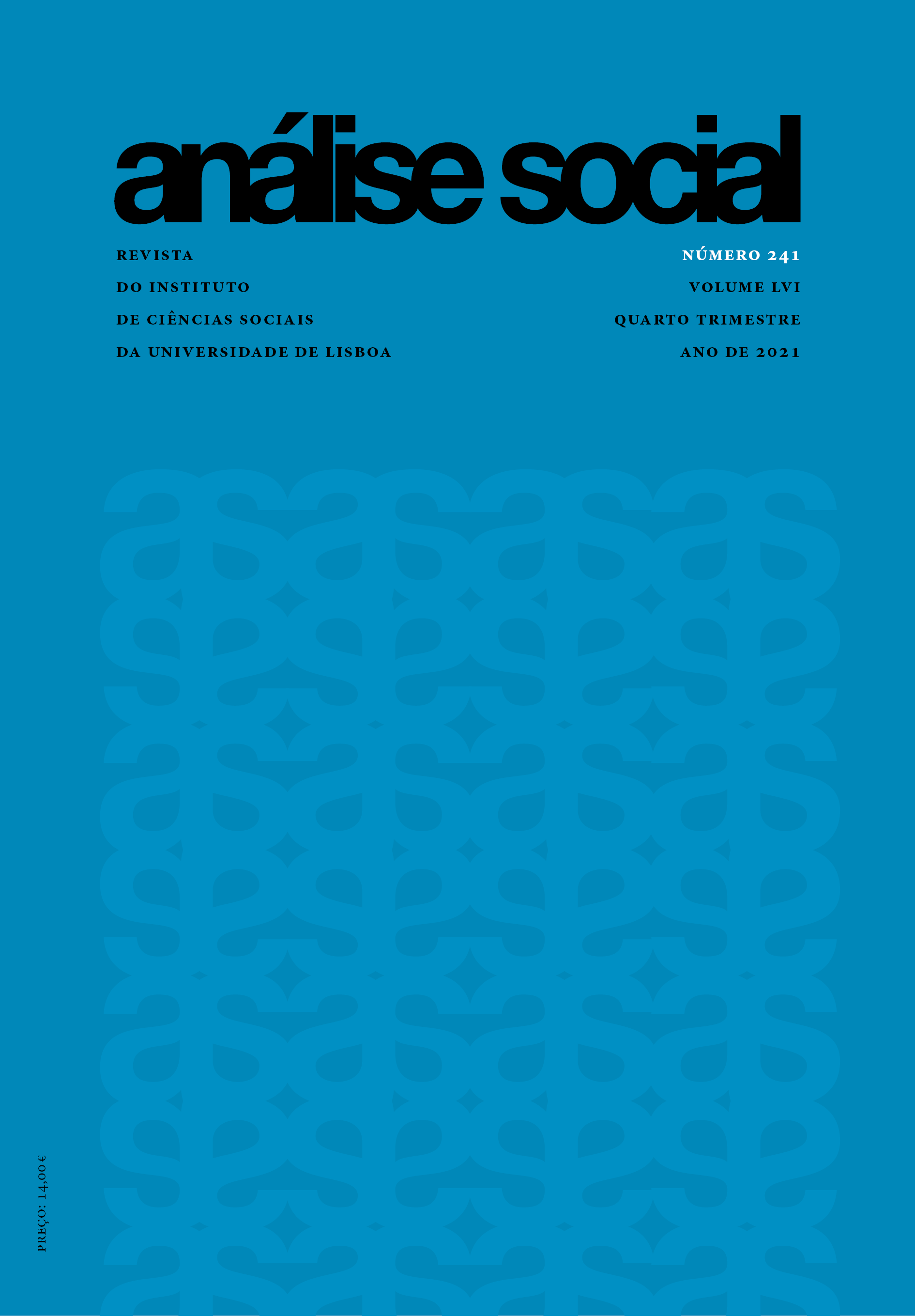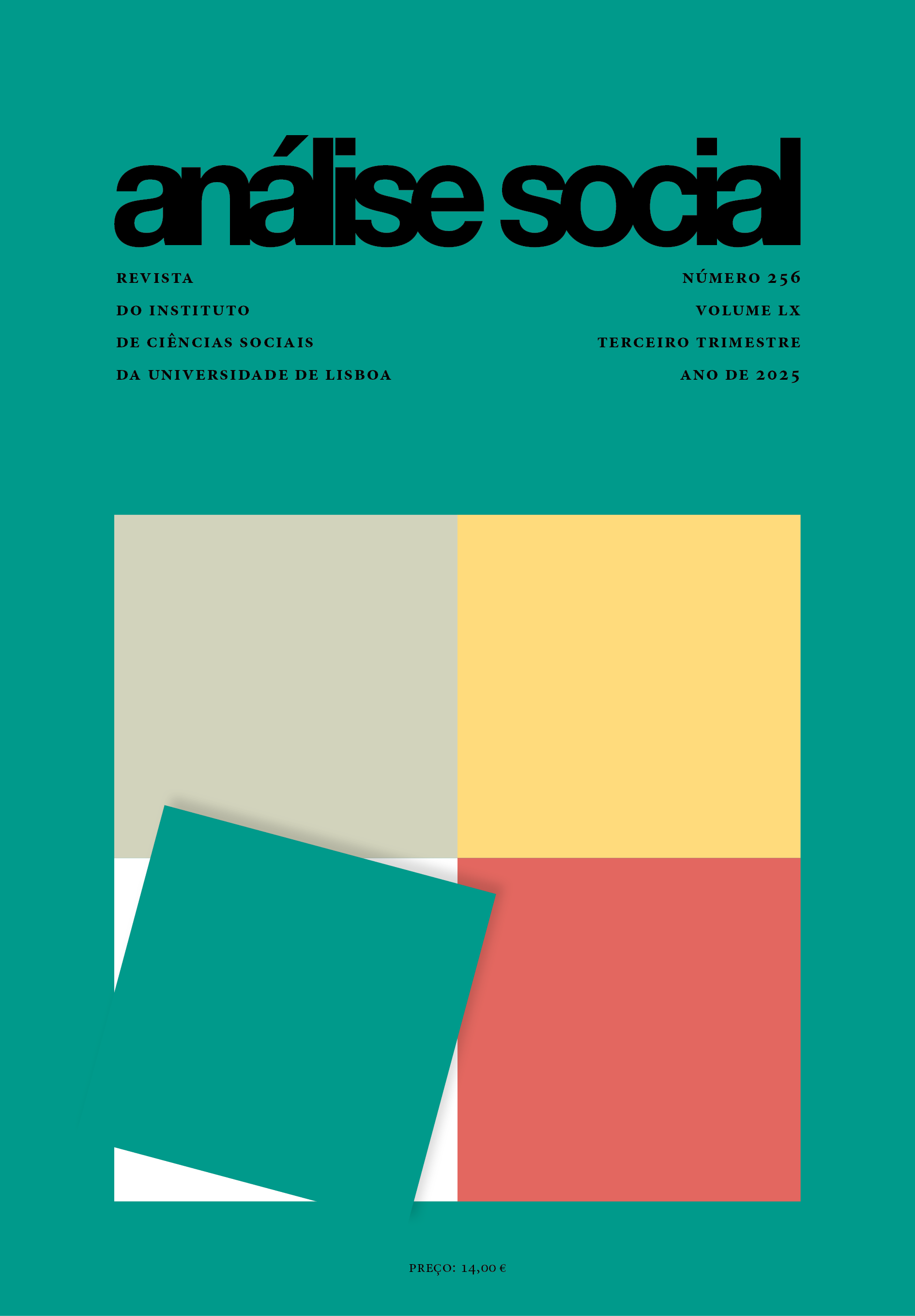Equity, pardon, and pluralism in the liberal administration?
Towards a history of the flexibilities of law (Brazilian Council of State, 1841-1889)
DOI:
https://doi.org/10.31447/AS00032573.2021241.06Keywords:
Administrative law, equity, pardon, legal pluralism, Brazilian Council of StateAbstract
The 19th century was the age of legalism, and it is generally thought that administrative law was founded upon legality. Nevertheless, 19th-century administrative law had several mechanisms of flexibility at its disposal. Our objective is to address those present in the activity of the Brazilian Council of State, the highest administrative body during the Empire, showing how these mechanisms worked and why they existed. In our analysis, we identified the following: equity, to correct insufficiencies of the legislation on public servants; pardon, to correct the malfunctioning of punitive laws and miscarriages of justice; and the interpretative activity in a scenario of normative and jurisdictional pluralism, to mitigate the uncertainties of ecclesiastical administration.



